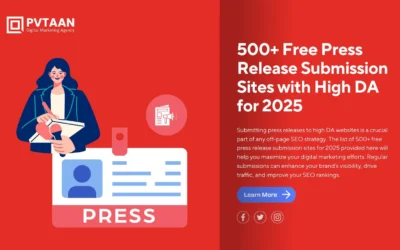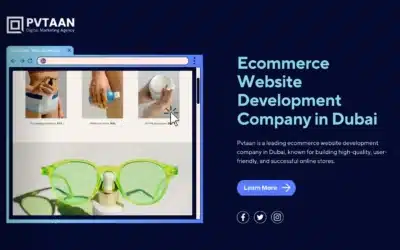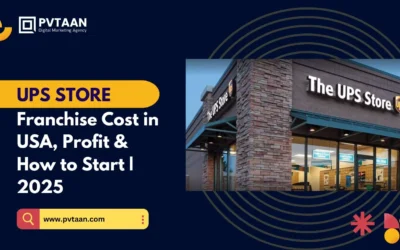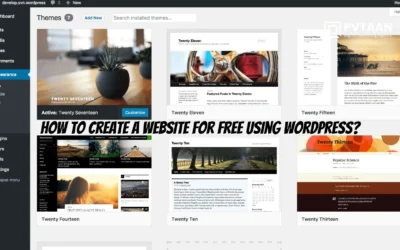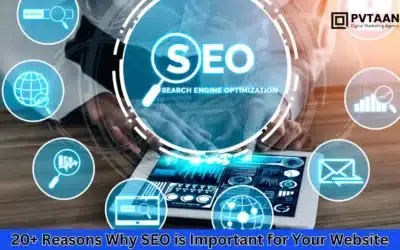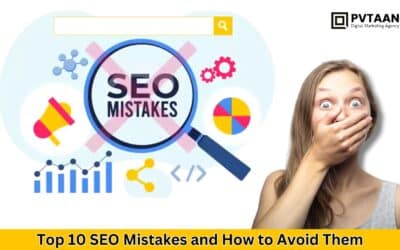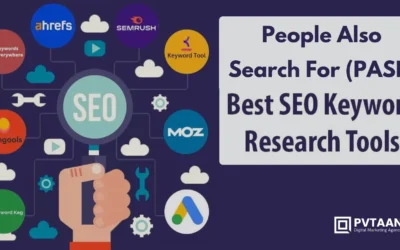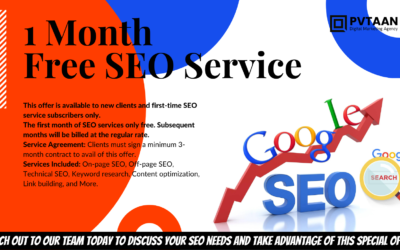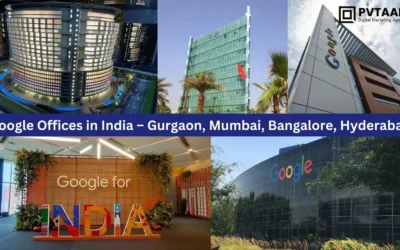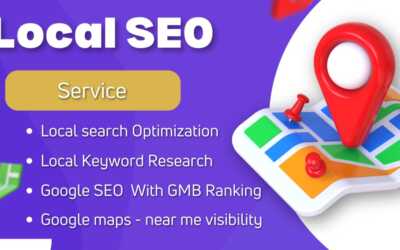If you’ve ever dabbled in digital marketing or tried to make your website more visible, you’ve undoubtedly heard about SEO. But what makes SEO so popular? It’s more than just a buzzword—it’s a fundamental strategy that powers the digital landscape. Let’s dive into what SEO is, why it’s become a cornerstone of online success, and how it continues to evolve.
SEO, or Search Engine Optimization, refers to the practice of enhancing your website to rank higher in search engine results pages (SERPs). The primary goal is to increase organic (non-paid) traffic to your site by optimizing various elements that search engines use to rank pages. This includes everything from keywords and content to site structure and backlinks.

The Power of Visibility: Why SEO Matters
- Increased Organic Traffic: The most direct benefit of SEO is increased visibility. When your website ranks higher on search engine results, it attracts more visitors. This is crucial because organic traffic often converts better than paid traffic. People trust search engines, and they’re more likely to click on top results.
- Cost-Effectiveness: Unlike paid advertising, which requires ongoing investment, SEO can deliver long-term results with a one-time effort. While there are costs associated with SEO (like tools, content creation, and professional services), it often provides a better return on investment (ROI) over time compared to pay-per-click (PPC) campaigns.
- Enhanced User Experience: SEO isn’t just about pleasing search engines; it’s also about making your website more user-friendly. Google’s algorithms favor websites that offer a good user experience, including fast loading times, mobile compatibility, and easy navigation. By focusing on SEO, you’re also improving the overall user experience on your site.
- Credibility and Trust: Websites that rank higher in search results are often perceived as more credible and trustworthy. When users see your site at the top of the SERPs, they’re more likely to trust your brand and engage with your content. High rankings can enhance your reputation and authority in your industry.
Key Components of SEO
- Keyword Research: Identifying the right keywords is the foundation of SEO. These are the terms and phrases that potential customers are searching for. By targeting relevant keywords, you ensure that your content aligns with what users are looking for, driving more targeted traffic to your site.
- On-Page SEO: This involves optimizing individual pages on your website to rank higher and attract more relevant traffic. Key elements include meta titles and descriptions, header tags, internal linking, and high-quality, keyword-rich content.
- Technical SEO: Technical SEO focuses on improving the backend of your website to help search engines crawl and index your pages more effectively. This includes site speed, mobile responsiveness, XML sitemaps, and fixing broken links.
- Off-Page SEO: Off-page SEO includes activities that happen outside of your website but impact your rankings. This mainly revolves around acquiring high-quality backlinks from reputable sites, which signals to search engines that your content is valuable and authoritative.
- Content Quality: High-quality, engaging content is crucial for SEO success. Search engines prioritize content that provides value to users. Regularly updating your blog, creating informative articles, and offering unique insights can boost your rankings and keep your audience engaged.
The Evolving Nature of SEO
SEO is not a static field; it evolves with changes in search engine algorithms and user behavior. What worked a few years ago might not be effective today. Staying updated with the latest trends and best practices is essential for maintaining and improving your rankings.
Recent Trends:
- Voice Search Optimization: With the rise of virtual assistants like Alexa and Siri, optimizing for voice search is becoming increasingly important. This involves focusing on natural language keywords and conversational phrases.
- Mobile-First Indexing: Google now predominantly uses the mobile version of a site for ranking and indexing. Ensuring your site is mobile-friendly is critical.
- User Intent: Search engines are getting better at understanding user intent. Content should address the needs and questions of users, not just include keywords.
Conclusion: The SEO Impact
So, what makes SEO so popular? It’s the combination of its ability to drive organic traffic, its cost-effectiveness, and its role in enhancing user experience and credibility. As search engines continue to evolve and user behaviors shift, SEO will remain a vital part of digital marketing strategies. For businesses and individuals alike, understanding and leveraging SEO can lead to significant online success and visibility.
In a digital world where competition is fierce, SEO offers a powerful way to stand out, connect with your audience, and achieve your online goals. So, whether you’re a seasoned marketer or just starting, investing time and resources into SEO is a smart move for long-term success.







